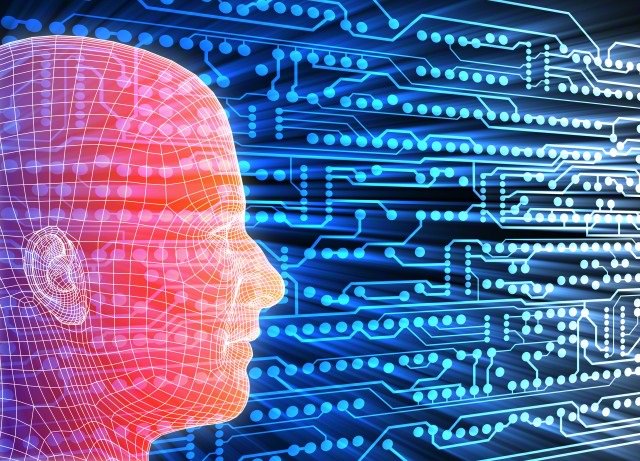Data science is among the fastest growing disruptive technologies of the 21st century, and is expected to further dominate the trade industries across the world in terms of its deployment for business benefits. IBM has forecasted the demand of data scientists to rise by 28% in 2020. IDC says, we have a total worldly data storage of 44 zettabytes (or 44 trillion gigabytes)as of 2020. At present, we are producing 2.5 quintillion bytes of data each day. In the near future, 1.7 Mb of data creation is expected per second, by each human on the planet.
Research Grants Worth $300 Mn by WDSI
WDSI, or World Data Science Initiative, is a platform, specifically designed to help initiate and back data science research initiatives taken by the young college and university students across the world. Our primary motto is to empower the youth studying at varied institutes that teach data science and related concepts. And hence, an announcement for data science research grants worth $300 million for colleges and universities that offer data science learning within their educational premises.
Under the said initiative, the chosen institutes and universities will be offered significant subsidies in acquiring data science accreditation, and their students will be provided with certifications on the world’s most-competent vendor-neutral data science standards. However, it’s a given that the students would need to clear the qualifying examination to obtain the talked-about globally-recognized professional credential.
The ultimate goal of the said initiative is to prepare a data science talent force of 250,000 strong young individuals by 2022 who will later on take on to the responsibility of transforming people’s lives for the better, leveraging advanced concepts of data science and analytics. Candidacy for the announced grants for universities can be availed through filling of an online application on the WDSI’s official website.
3 Areas That Need Urgent Assistance of Data Science Research Grants
Scientific Mastery of Deep Learning
We, as a global society, praise the astounding successes that are achieved by the deployability of a disruptive tech, called deep learning. But, it’s a fact that we do not understand the said revolutionary tech, scientifically. We are still to know about the mathematical attributes of deep learning models. We don’t understand the reasoning behind, why a deep learning model generates one kind of a result, and not a different one.
Causal Reasoning
Machine Learning has emerged as a potent tool to identify patterns & correlations, specifically among big data sets. The deployment of ML(machine learning) has opened up a plethora of high-yielding areas of research in subject disciplines such as medicine, social science, and economics. These domains demand methods that go beyond co-relational analysis, and deals in causal questions.
Economists across the world are busy revisiting causal reasoning through devising new ways that fall at the meeting point of machine learning and economics, which makes causal inference estimation much flexible and efficient. Data scientists, globally, have just started exploring multiple causal inference, not only to deal with robust assumptions of univariate causal inference, but because the real-world happenings take multiple factors into account that interact among themselves.
Ethics
The emergence of data science, and the revolution it has brought to varied industries in the commercial sector, has also resulted in the raising of ethical issues. These are primarily, three in number, and comprise:
- The data ethics – how data is being produced, shared , and stored.
- Algorithm ethics – how are ML, AI, and robots interpreting data.
- Practice ethics – coming up with responsible data science innovations.
Examples of ethical considerations comprise – detection of biases in data interpretation, based on gender, race, and socioeconomic status while developing a ML model.













